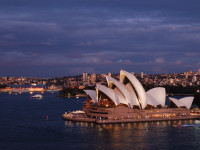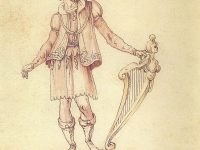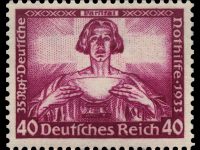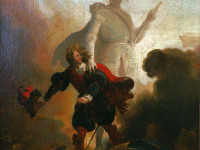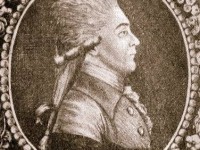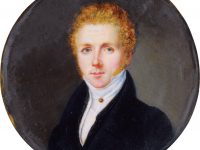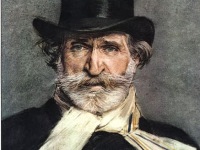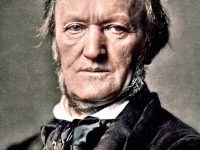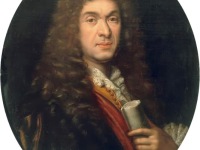The Sydney Opera House
On October 20, 1973, the Sydney Opera House was formally opened by Queen Elizabeth II. It is identified as one of the 20th century’s most distinctive buildings. Designed by Danish architect Jørn Utzon in a modern expressionist design, it features a series of large precast concrete roof “shells”, each composed of sections of a sphere of 75.2 metres radius. An International Design Contest Planning for the opera house started in the 1940s…
Read more

